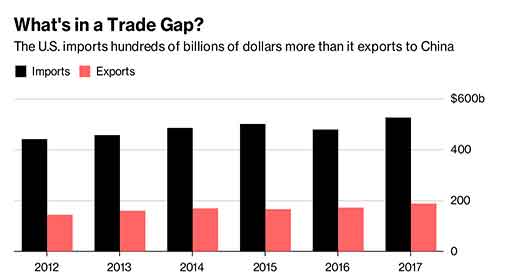Singapore/Tokyo: An Asian think tank claims that even though the US has stepped out from the ambitious ‘Trans-Pacific Partnership’ (TPP) agreement, it can be renewed and Japan is capable of leading it. Debora Elms, the Executive Director of the ‘Asian Trade Centre’ think tank from Singapore made this claim on a US news channel. After the US withdrawal from the ‘TPP’ agreement, the remaining 11 member nations conducted a conference at Chile. Against the backdrop of the conference, this particular claim has called attention to itself.
Elms while talking on one of the programs on the ‘CNBC’ news channel said that If the ‘TPP’ agreement was scrutinised, it would be known that the US had not assigned any special exemptions to itself as the US markets were already open. However, the US had pressurized the other 11countries during the agreement to make their trade policies more liberal, said Elms. She also said that even if the US was now out of the equation, the other countries that are still a part of the TPP, can open up their markets further and implement the agreement.
Although the United States withdrew from the agreement, the agreement was not over as yet, stated the executive director of the Asian Trade Centre. Japan could accept the responsibility of its leadership and decide on the trade rules in Asia, stated Elms while claiming that Japan had the ability to lead the ‘TPP’. She also called attention to the point that this responsibility was unexpected for Japan and it has not been viewed as a ‘leader’ in this field, hence, this could prove to be a challenge for Japan.
The Japanese Prime Minister, Shinzo Abe met with the US President Trump after he announced the withdrawal of the US from the agreement. Prime Minister Abe himself had expressed that the ‘TPP’ would be meaningless without the US. Nevertheless, it has been brought to light that Japan on the other hand has been taking efforts aggressively to enhance trade ties and cooperation at an international level. It is said that even after the US withdrawal, Japan was instrumental in keeping the ‘TPP’ talks continued .
Japan’s active participation in the ‘Pacific Alliance’ summit that was held in Chile two days ago, also seems to corroborate the same. A Latin American country like Chile organising a summit to bring together the remnant nations while it was being said that the ‘TPP’ was almost over, proves to be a conclusive event. Even though nations other than the ‘TPP’ member nations had arrived for the summit as ‘observers’, the main focus was on China and Japan, claim analyst.
After the US’s withdrawal from the ‘TPP’, China is trying to push forth the ‘RCEP’ (Regional Comprehensive Economic Partnership) agreement. However, to support this agreement Japan is taking efforts to seek help from Australia. Even though Australia and Japan are among major trading partners of China, it is being indicated that they could be aligned for an extended trade agreement.
Japan who is preparing to enhance cooperation with countries in the Asia– Pacific region by reviving the TPP, is also trying to strike trade agreements with Europe, Africa and Russia. Sources have informed that the Japanese Prime Minister, Shinzo Abe is planning a visit to Europe in this month for making the agreement with the European Union.
Japan to help Saudi Arabia for its economic development
Saudi Arabia played an important role in the stabilization of the Middle East and in the near future Japan would play an effective role in developing relations with Saudi Arabia, assured the Japanese Prime Minister, Shinzo Abe. Abe made this statement after his discussion with Saudi Arabia’s ‘King Salman’, during his Japan visit. After discussion with the Saudi King, as a token of growing cooperation between both the countries, a special Memorandum of Cooperation, ‘Japan – Saudi Vision 2030’ was published. This policy outlines reducing the Saudi Arabian economic dependency on oil and seeking help from Asian countries. China and Japan would play vital roles in it and ‘King Salman’s’ visit to Japan was also a part of the same strategy. Prime Minister Abe assured ‘King Salman’ that Japan would invest hugely in the oil sector and infrastructure in Saudi Arabia.
Local analysts claim that the Saudi King’s visit has turned into a golden opportunity for Japan who up until now did not have a major influence over the Middle Eastern countries.












